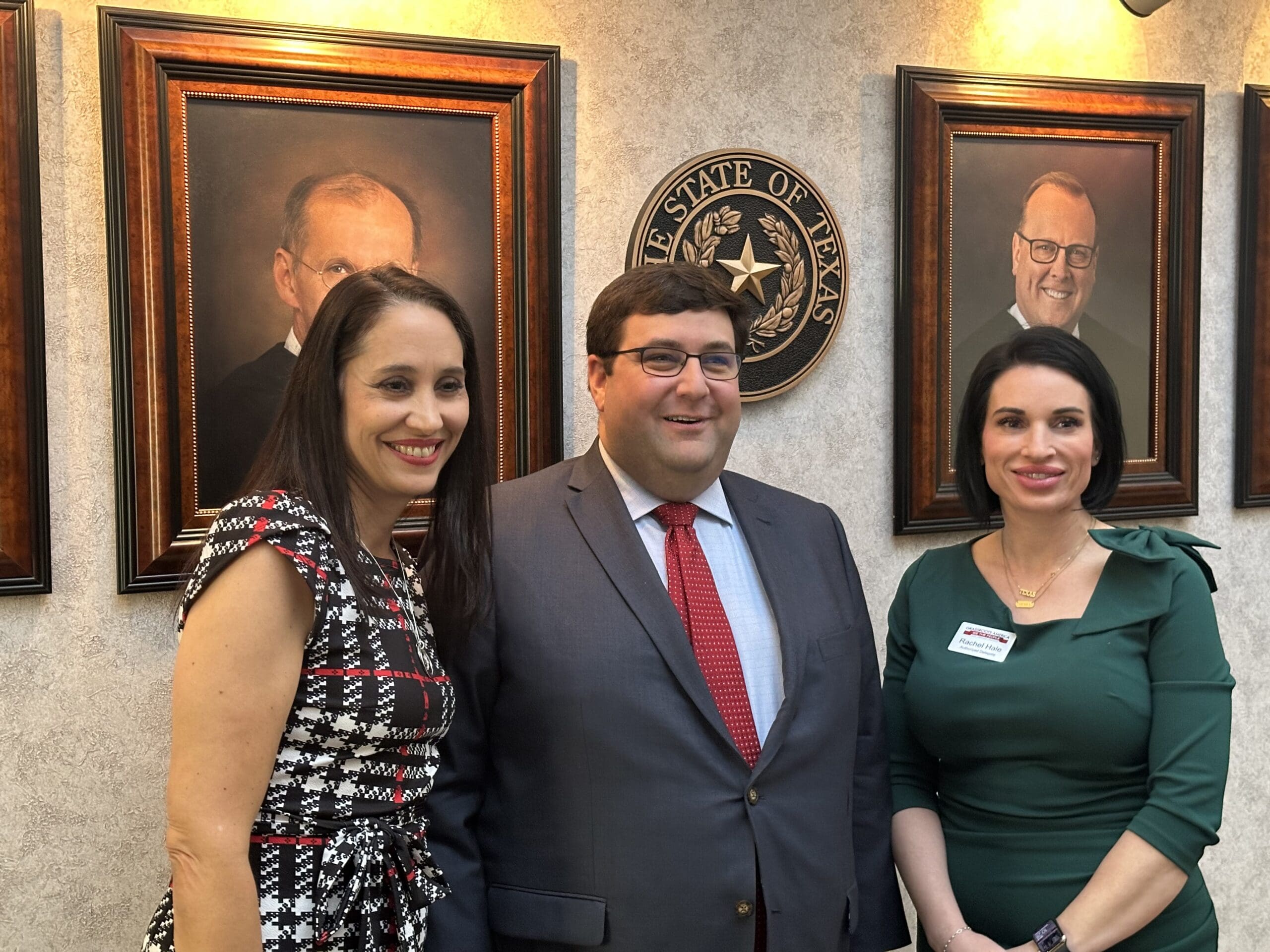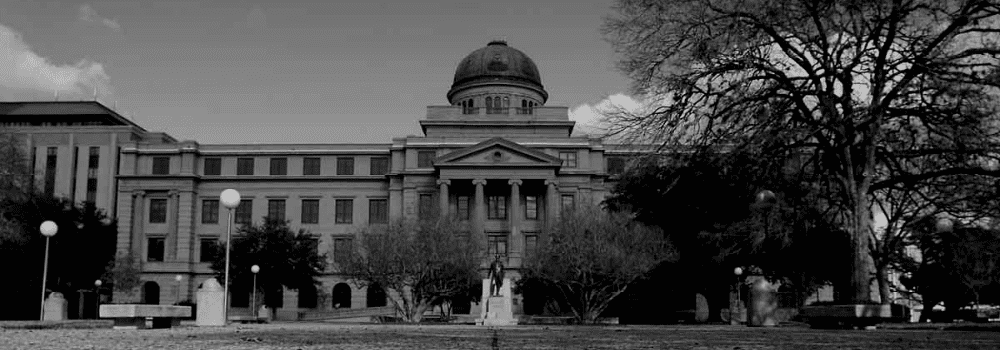More than 91 percent of Republican delegates voted to support a series of ballot transparency reforms. Unfortunately, despite a near super-majority of Republican legislators in both chambers, absolutely no progress has been made on this issue.
Even if partially enacted into law, the reform plank would go a long way to help taxpayers better understand the impact of debt proposals they’re asked to vote on.
The first section calls for greater ballot transparency and stopping local governments from advancing ominous, all-or-nothing debt proposals, such as the bundling of school construction with athletic complexes or football stadiums:
“State and local bond election ballots should be required to include the amount of debt currently outstanding, current debt service payments, current per capita debt obligations, the amount of new debt being proposed, estimated debt service for the new debt, and estimated per capita burden being proposed. We oppose bundling of items on bond election ballots.”
The second section addresses election law, calling for uniform election dates, voter-turnout minimums, and prohibitions on governments using taxpayer resources to sway the opinions of their own voters.
“Any bond election (state or local) must pass with at least a 2/3 majority of voters to affirm the bond. The bond issue must obtain a yes vote of a minimum of 20% of registered voters. All elections of personnel responsible for adopting a budget and a property tax rate and all elections involving bond indebtedness shall be held on the November uniform election date and administered by the County Clerk or the County Elections Administrator. Any government entity should not spend taxpayer dollars in promoting further indebtedness or spending of taxpayer dollars via mass media.”
Texans are currently saddled with $330 billion in local debt liabilities. Our local debt is the second highest in the nation, on a per resident basis. This fiscal albatross has contributed to Texans paying the 6th highest effective property taxes nationwide.
With cities, counties, and schools being our the largest tax collectors and borrowers, Texans should not expect significant property tax relief unless legislators empower taxpayers with greater transparency at the ballot box.




